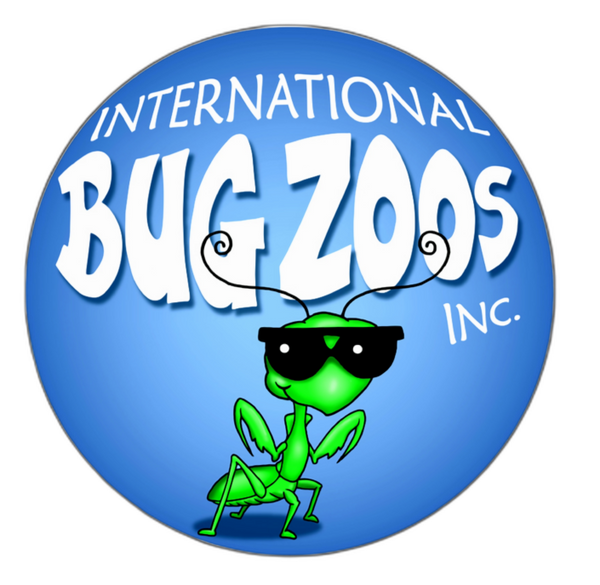Feast Fit for a Queen (And Her Loyal Subjects): A Deep-Dive into Ant Nutrition and Feeding Habits
Ever wonder what it's like to dine if you're an ant? Sure, you might have spotted these industrious little creatures hauling away crumbs from your picnic, but have you ever stopped to ponder the epicurean secrets of their world? Ants, those tiny architects of the insect kingdom, have a fascinating approach to food and nutrition that's as complex and varied as any human culture's culinary traditions. Let's embark on a microscopic journey into the world of ant gastronomy, shall we?
The Menu: What's for Dinner in the Ant World?
Ants are not picky eaters. Their diet can include nectar, fungi, seeds, or even other insects. This diversity in diet not only showcases their adaptability but also highlights their role in the ecosystem as both pollinators and decomposers. Some ants have a sweet tooth, particularly for a substance called honeydew produced by aphids. In a fascinating display of mutualism, ants protect these aphids from predators and in return, get to enjoy their sugary secretions. Talk about a sweet deal!
Gourmet Gatherers: The Sophisticated Foraging of Ants
Ants are the Olympians of foraging. They employ complex strategies and communication to find and share food resources. Utilizing pheromones, they leave chemical trails for their colony mates, effectively saying, Hey, follow this path for a feast! This level of social organization is not just about finding food but ensuring the entire colony gets to partake in the bounty. It’s like having a communal GPS for the best dining spots in town!
Feeding the Multitude: The Social Structure of Ant Eating Habits
Ant societies are all about the collective. The queen, workers, and larvae all have specific roles, and this extends to how they eat. Workers are the gatherers, venturing out into the big, wide world to bring back sustenance. They then engage in a practice known as trophallaxis - a fancy term for mouth-to-mouth feeding. Through this process, they distribute the food evenly among the colony members, ensuring everyone, from the queen to the youngest larvae, gets their share.
So, why are you intrigued by ants? Is it their complex societies, their diligence, or perhaps their nutritional savvy? While you ponder this, consider how these minute creatures accomplish feats of teamwork and organization that rival our own. How will you share this newfound appreciation for ant gastronomy? Will it alter the way you perceive that next ant marching across your picnic blanket?
A Philosophical Morsel
Ants teach us a lot about cooperation, efficiency, and the importance of community. Their foraging and feeding habits show a level of sophistication and dedication that humans can learn from. It’s a testimony to the fact that no matter how small you are, your contributions can have a huge impact on those around you.
So, next time you see an ant, take a moment to consider the vast, intricate world it inhabits. Their hustle is not just about survival, but about sustaining a society, contributing to their ecosystem, and yes, enjoying a variety of gourmet delights along the way. It turns out, even in the animal kingdom, good food brings individuals together, creating bonds and ensuring the continuity of their community.
Wrap-Up Wisdom
In the words of the famous environmentalist, Rachel Carson, In nature, nothing exists alone. Ant nutrition and feeding habits serve as a vivid illustration of this interconnectedness. They remind us of the importance of each creature, no matter how small, in the tapestry of life.
To enjoy your very own ant farm click on the Amazon Affiliate link below!
Please subscribe and let us know what you would like next from the Bug Zoo.
Click HERE to buy an Ant Farm. Thanks for loving Bugs Too! 🐜💛
